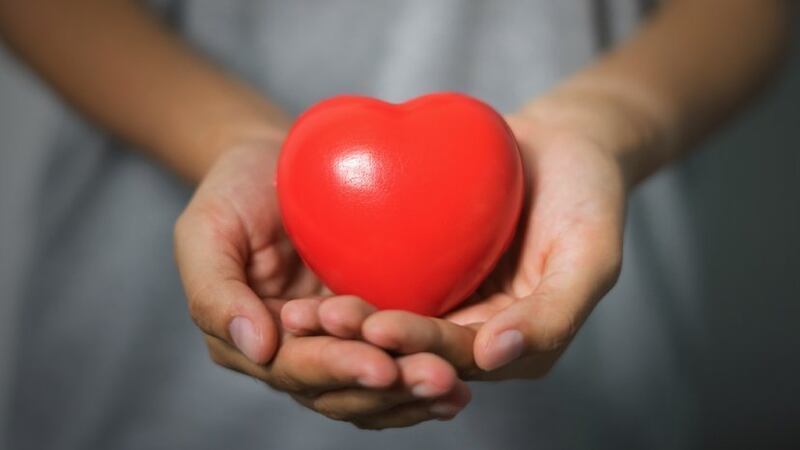OPINION: Sadly, COVID-19 has claimed a life in Aotearoa New Zealand. Fortunately, there have been no additional deaths. In Italy, over 12,000 have died from the virus. In Spain, more than 8000 have died and in both America and France, over 3000 have died. At the time of publishing, more than 42,000 people have died from the virus worldwide.
Those individuals all have families, friends, and communities. But here in Aotearoa, some individuals are still putting themselves first, breaking isolation and physical distancing requirements, and putting the lives of everyone else at risk.
This is becoming commonplace around the world. In India, some law enforcers are using exercises such as squats and press-ups to punish those who are breaking self-isolation. When asked about his thoughts on the topic, renowned scientist Neil deGrasse Tyson said, “I think we’re in the middle of a massive experiment, worldwide. The experiment is, will people listen to scientists?”
In Aotearoa, we’re seeing Māori in rural communities respond by setting up checkpoints to monitor the movement of traffic in and out of their territories. The driving force behind these checkpoints is protecting their most vulnerable tribal descendants. These elderly, tamariki, and those with weakened immune systems. These rural communities are already disadvantaged because they don't full access to national health services.
These actions are based on manaakitanga. The community are responding to the number of tourists, visitors and others who continue to flout the travel restrictions put in place. How many disasters will it take to break the thick cocoon of ignorance and selfishness that some people live in?
In addition to elders, we must also consider how the consequences of COVID-19 may indirectly impact the lives of those who will never actually come into contact with the virus. Women and children in undesirable situations who are forced to self-isolate with violent and abusive men; families in poverty who cannot afford to feed everyone in an overcrowded home; low-income, non-essential workers that were already doing it rough before the virus; individuals without support systems; the incarcerated living in confined spaces; and the homeless.
NZ Police anticipated a rise in family violence and family harm offenses, with Police Commissioner Mike Bush saying, “Initially we did see a small rise, but it’s pleasing to see that in the last few days that’s been reversed and we’ve had a very slight reduction in family violence family harm reports ... but of course we’ve got to stay the course on that”.
The response by the NZ Government should be acknowledged, and I’m thankful to be here at home in Aotearoa during this pandemic. Interestingly, in my neighborhood, more people are noticeably going out of their way to smile and acknowledge each other from afar than ever before. Commissioner Bush states that the vast majority are complying brilliantly. It seems to be only a minority of people posing risk, but 99 is not 100. To break the chain, everyone currently in Aotearoa needs to all be on board, 100%.
In other news, one person died in a head-on car crash in the Bay of Plenty on Wednesday. Last year, 353 people died on our roads. I think most people in NZ would be surprised how many crash fatalities there were each week before self-isolation occurred. Daily road deaths are not always reported on national news. I've always felt there could be more reporting on this, in the way a weekly death toll. Anything to make people drive slower. I wonder how this pandemic could be a catalyst for people being better humans in general, and value life in all forms, like being safer on our roads?
We’re now almost one week in self-isolation as a country, and we face at least another three weeks under these new circumstances. While the future is uncertain, we can be sure that it will only be made better through the application and practice of tikanga Māori, especially manaakitanga. In his book, 'Tikanga Māori', Sir Hirini Moko Mead explains that, “all tikanga are underpinned by the high value placed on manaakitanga – nurturing relationships, looking after people, and being very careful about how other people are treated”.
We need to slow down. Right now, safety is our main priority. It needs to stay that way. This pandemic is a reminder that the way we act in our daily lives has a direct impact on others. There is a heightened awareness of keeping our family safe and keeping others safe. We can take this with us into the future. We can make manaakitanga the new normal.
The late Te Wharehuia Milroy said:
"Ko ō tātau whakapono ngā kaiwhakawehewehe i a tātau. Ko ō tātau moemoeā me ō tātau pākatokato ngā kaiwhakakotahi i a tātau."
"Ideologies separate us. Dreams and anguish bring us together."

